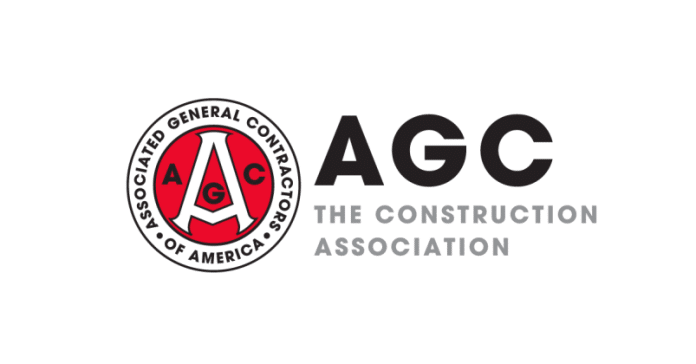Chicago Construction News staff writer
The construction industry added 9,000 jobs in April—the fewest since August 2022—as a downturn among residential remodelers and subcontractors undercut job gains at nonresidential construction firms, according to an analysis of new government data by the Associated General Contractors (AGC) of America.
“It appears that high interest rates are dragging down remodeling, homebuilding, and apartment construction,” said Ken Simonson, the association’s chief economist. “But firms working on infrastructure, data centers, renewable energy, and manufacturing projects are continuing to add workers and would like to hire more.”
Construction employment in April hit 8,219,000, seasonally adjusted, a gain of 9,000 from March.
Residential specialty trade contractors—firms that work on new home construction, remodeling and renovation—dropped 1,100 employees. That decline undercut an increase of 2,800 among residential building firms.
The three types of nonresidential contractors added a total of 7,800 employees: 900 at nonresidential builders, 6,600 at nonresidential specialty trade contractors, and 300 at heavy and civil engineering construction firms.
Average hourly earnings for production and nonsupervisory employees in construction—covering most onsite craft workers as well as many office workers—increased 4.6 percent over the year to $35.47 per hour. Construction firms in April provided a wage “premium” of 18.9 percent compared to the $29.83 average hourly earnings for all private-sector production employees.
Association officials said nonresidential contractors are still struggling to fill positions. They urged government officials at all levels to beef up education and training programs for fields like construction. They also exhorted Congress and the Biden administration to allow construction firms to sponsor qualified foreign workers to ease critical shortages of skilled crafts.
“Current immigration policy and inadequate funding levels for career and technical education programs mean the federal government is failing to provide enough support for construction firms to meet the demand for building infrastructure, renewable energy facilities, and advanced manufacturing plants,” said Jeffrey Shoaf, the association’s chief executive officer. “We need an all-out commitment by government to enable the construction industry to have the skilled workforce to deliver vitally needed projects.”
View the construction employment data.






